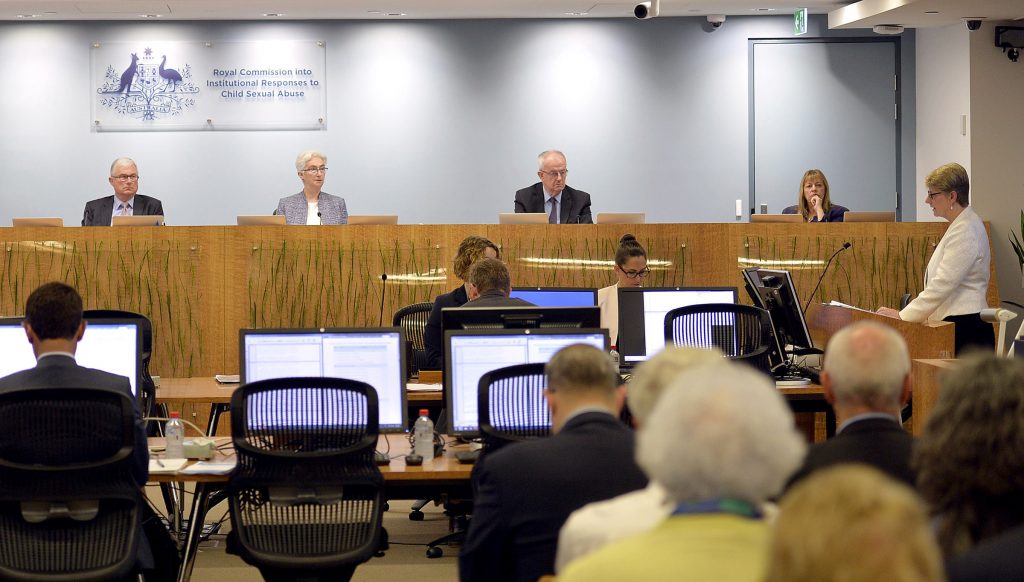
A whole-of-community approach to preventing child sexual abuse is necessary to change the social conditions that excuse, justify or promote child sexual abuse, and to challenge the notion that it cannot be prevented, according to the findings of a new report from the Institute of Child Protection Studies.
The Royal Commission into Institutional Responses to Child Sexual Abuse this week released the report Help-seeking needs and gaps for preventing child sexual abuse, which examines the needs of people who seek help for preventing child sexual abuse.
Researcher Professor Morag McArthur said preventing child sexual abuse required a multifaceted, national approach that would address the gaps and barriers in delivery and accessibility of prevention services.
“We found a lack of awareness about the concept and dynamics of child sexual abuse, and an under-confidence about how to recognise and respond to concerns about abuse among parents and community members.
“For many participants, there was a belief that child sexual abuse is not readily preventable.
“We also found that the majority of professionals working with children received limited specific education and training about child sexual abuse, and had limited knowledge about grooming and sexually inappropriate behaviours.
“Services that provide information and support to those who are concerned about their own or someone else’s behavior, experience a range of challenges including staff recruitment, retention and training, as well as funding. For those adults with problematic sexual thoughts and behaviours towards children, there is a significant gap in service availability, requiring a system-wide approach,” she said.
The research project aimed to develop an understanding of the service needs and help-seeking behaviours of professionals, parents and community members concerned about the behaviour of other adults or children exhibiting potentially sexually harmful behaviours; the help-seeking needs and behaviours of individuals concerned that they may sexually harm or abuse a child; and the functions and effectiveness of existing services tasked with responding to the needs of these target groups.
The study included a literature review, service mapping, interviews with service providers and focus groups with parents, caregivers, community members and professionals working with and for children.
The Royal Commission will draw on the research for its final recommendations that will be delivered to the Federal Government before the end of the year.
Read the report here: Help-seeking needs and gaps for preventing child sexual abuse